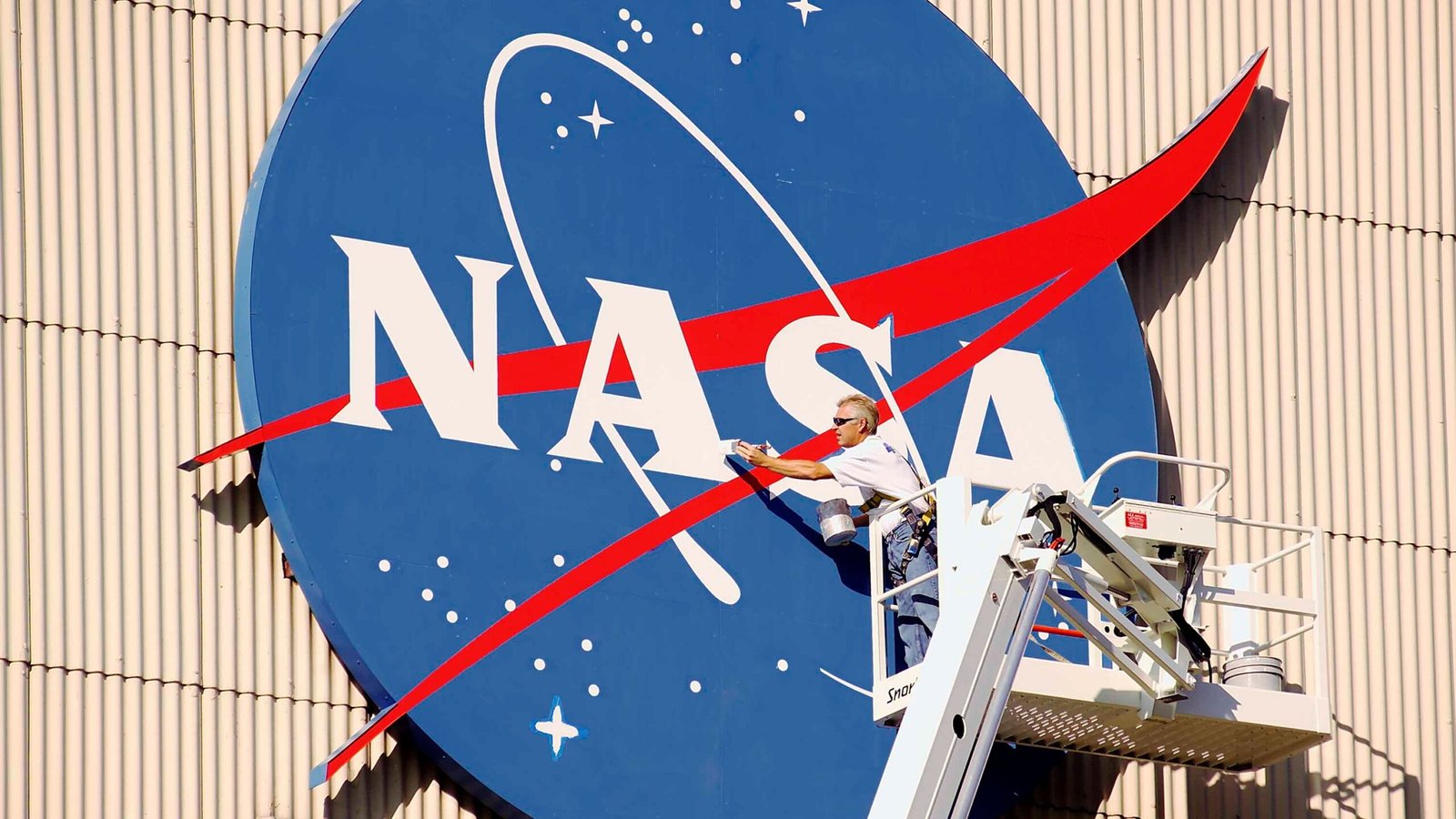The United States continues to lead the way in scientific discovery and technological innovation, making significant strides across various fields such as healthcare, space exploration, renewable energy, and artificial intelligence. With substantial investments in research and development (R&D), the U.S. is shaping the future of global scientific progress.
Key Scientific Breakthroughs in the U.S.:
Space Exploration: NASA’s Artemis Program
NASA’s Artemis Program is setting the stage for a new era of lunar exploration. With the upcoming Artemis II mission, the U.S. is preparing for the first crewed trip to the Moon in over 50 years. This milestone mission aims to test spacecraft systems and lay the foundation for sustainable lunar exploration, paving the way for future missions to Mars. The Space Launch System (SLS), the most powerful rocket ever built, is set to propel humanity beyond Earth’s orbit.
Healthcare Innovation: CRISPR and Genetic Engineering
U.S. scientists continue to push the boundaries of medicine with CRISPR gene-editing technology. This breakthrough allows for precise alterations to DNA, offering the potential to treat genetic disorders such as sickle cell anemia and muscular dystrophy. Research institutions and biotech companies are leading clinical trials that could revolutionize the way we approach genetic diseases.
Renewable Energy and Sustainability
As part of efforts to combat climate change, the U.S. is investing heavily in renewable energy technologies. From solar and wind energy to battery storage systems, American companies and research institutions are developing solutions to transition to cleaner, more sustainable power sources. The Inflation Reduction Act has allocated billions of dollars to support renewable energy projects, making the U.S. a global leader in sustainable energy solutions.

Artificial Intelligence: Transforming Industries
The U.S. is at the forefront of AI development, with companies like Google, Microsoft, and OpenAI driving advancements in artificial intelligence. From healthcare diagnostics to autonomous vehicles and natural language processing, AI is transforming industries and everyday life. The National AI Initiative Act has established a national strategy to ensure that the U.S. remains competitive in AI research and innovation while addressing ethical concerns and ensuring transparency.
Quantum Computing: Unlocking New Frontiers
The U.S. is also leading the charge in quantum computing, a technology that promises to revolutionize fields ranging from cryptography to materials science. The Quantum Initiative aims to harness the power of quantum mechanics to solve complex problems that are currently beyond the reach of classical computers. Leading tech companies and academic institutions are investing in quantum research to develop practical quantum computing solutions.
The Role of Government and Industry in U.S. Scientific Advancements
The U.S. government plays a crucial role in fostering scientific innovation, with agencies like the National Science Foundation (NSF) and the National Institutes of Health (NIH) funding groundbreaking research. Collaboration between government, industry, and academia has been instrumental in driving the country’s scientific progress.
Looking to the Future: U.S. Science and Global Impact
With continued investment in research, education, and infrastructure, the U.S. is well-positioned to maintain its leadership in science and technology. These advancements not only benefit the country but also have global implications, addressing pressing issues such as climate change, global health, and sustainable development.
The future of science in the U.S. is filled with exciting possibilities. From space exploration to breakthroughs in healthcare and energy, American scientists and innovators are leading the charge toward a more sustainable, healthier, and technologically advanced world. With ongoing government support and private sector collaboration, the United States remains a beacon of scientific discovery and innovation.



